CWIL Faculty Research Fellows: Supporting Innovative Research on Gender, Women, or Girls
Each year, the Center for Women's Intercultural Leadership supports exceptional scholars whose work aligns with the mission of CWIL through our research fellows program. CWIL Faculty Research Fellows are appointed annually in October for one academic year to conduct research on gender, women, and/or girls. Fellows contribute to the scholarly life of Saint Mary’s College through an annual lecture series.
We are pleased to announce the CWIL Faculty Research Fellows for 2023-2024
Beyond the Binary: Investigating the Beliefs about Nonbinary People in Preschool School Aged Children
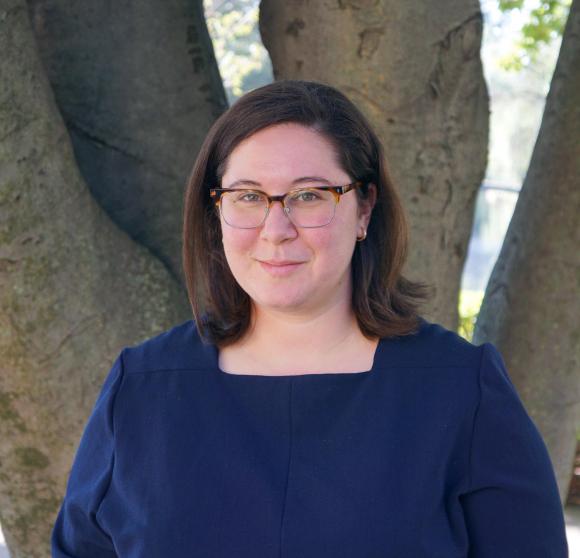 Gender is one of the central ways children understand and classify their world. However, much previous research has approached an understanding of gender from a binary perspective (viewing gender as only male or female). However, this perspective is simplistic. In this project, I expand previous psychology research on stereotypes and beliefs to include how preschool age children (ages 3-5) think broadly about their gender and its relation to stereotypes of non-binary people. The questionnaires explore two constructs: 1. Children’s gender identity, including language that is broader than many previous studies, 2. Children’s stereotypes and beliefs about boys, girls, and non-binary people. These measures will allow me to explore trends in children’s beliefs about gender generally, their gender specifically, and its relationship to stereotype beliefs.
Gender is one of the central ways children understand and classify their world. However, much previous research has approached an understanding of gender from a binary perspective (viewing gender as only male or female). However, this perspective is simplistic. In this project, I expand previous psychology research on stereotypes and beliefs to include how preschool age children (ages 3-5) think broadly about their gender and its relation to stereotypes of non-binary people. The questionnaires explore two constructs: 1. Children’s gender identity, including language that is broader than many previous studies, 2. Children’s stereotypes and beliefs about boys, girls, and non-binary people. These measures will allow me to explore trends in children’s beliefs about gender generally, their gender specifically, and its relationship to stereotype beliefs.
Dr. Marjorie Schaeffer
Department of Psychological Sciences
“She Thinks She’s Joan of Arc”: Gendering Memory in the Cases of Joan of Arc and Djamila Boupacha
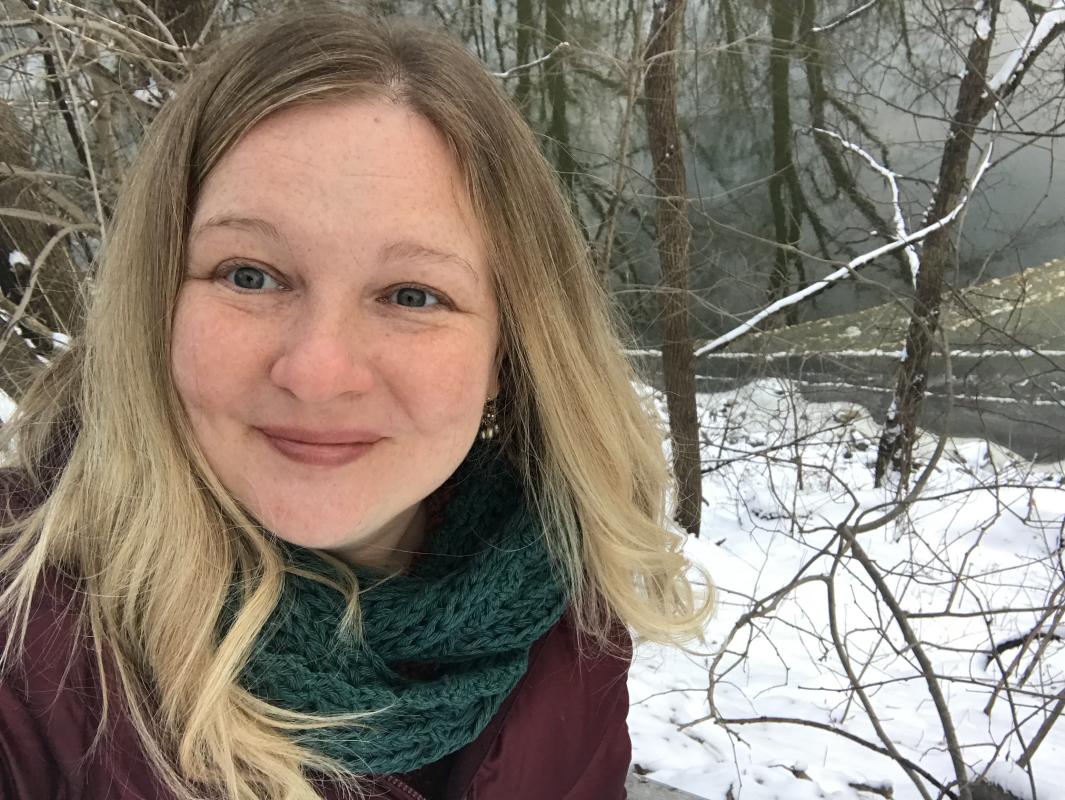
My research analyzes the role that intersectional understandings of gender played in altering perceptions of guilt of two political prisoners in different eras: the French medieval warrior Joan of Arc (1412-1431) and the Algerian anti-colonial combattant Djamila Boupacha (1938-present).
The public lives of Joan of Arc and Djamila Boupacha share surprising parallels. Informed by their faith, they saw themselves as fighting a battle for sovereignty in occupied land. Both women endured grueling extra-legal proceedings, multi-month detainment, and confirmed or probable torture resulting in confessions that they later disavowed. Then, sentenced to death, each figure underwent a form of exoneration, albeit posthumous for Joan of Arc, that hinged on publicly reinterpreting their bodies and characters alongside the corrupt systems that condemned them.
The challenges that Joan of Arc and Djamila Boupacha posed to gendered notions of what was appropriate for women of their religious and class backgrounds acted as obstacles to fair trials. To better understand the processes by which each women to be reinterpreted as innocent, this work analyzes discourses of rape and virginity functioning within the women’s trials and their subsequent public affirmations of support.
A secondary aim of this project is to evaluate the ethics of witnessing and allyship. Boupacha's case became a flashpoint in global conversations about state-sanctioned violence when taken up by French philosopher Simone de Beauvoir and Franco-Tunisian women’s rights activist and attorney Gisèle Halimi. What lessons might their struggles and strategies teach us about responsible advocacy and allyship across difference today?
Department of Modern Languages and Cultures
New Textbook in Comparative Vertebrate and Human Anatomy
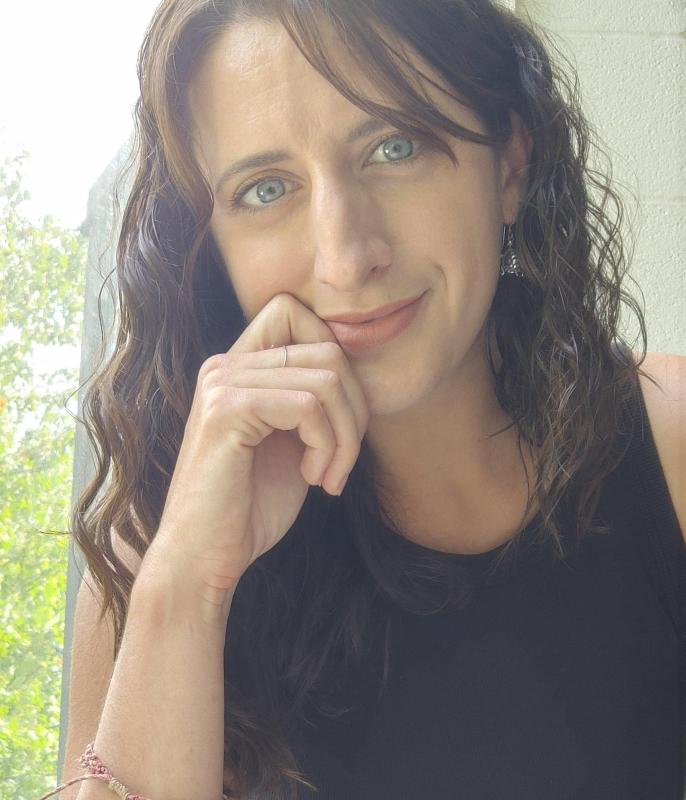 Current comparative vertebrate anatomy (CVA) textbooks are out of date, expensive, and often lacking in the human element of comparative anatomy - both in terms of including human anatomy and representation of the people that practice in the broader field of comparative anatomy. Furthermore, when people are mentioned, they are overwhelmingly white males. This narrow view carries over to the representation of the organisms featured in anatomy books, which tend to focus on male anatomy and binary sex. Unsurprisingly, this is also true for human anatomy textbooks, where figures depicting anatomy largely feature white male bodies. This book will provide an ecology- and function-oriented approach to understanding the evolution of vertebrate structure and human anatomy. The proposed project will result in a CVA textbook with a comprehensive history of the field, that includes both Western and non-Western contributions; it will also highlight current work by diverse scholars in the field. Furthermore, this book will contain more comprehensive female anatomy content than previous textbooks and will follow published recommendations for making academic Biology and Anatomy more inclusive for LGBTQ + individuals by including diversity, equity, and inclusion- (DEI-) informed human-specific modules for each anatomical system. The text will be published as an open access educational resource (OER) through the Private Academic Library Network of Indiana (PALNI), making it widely available to students and instructors with limited financial resources. Finally, the text will include links to open-access primary articles, whenever possible. Doing so will provide undergraduate students free, direct access to the original science, if they wish to learn more about a particular topic.
Current comparative vertebrate anatomy (CVA) textbooks are out of date, expensive, and often lacking in the human element of comparative anatomy - both in terms of including human anatomy and representation of the people that practice in the broader field of comparative anatomy. Furthermore, when people are mentioned, they are overwhelmingly white males. This narrow view carries over to the representation of the organisms featured in anatomy books, which tend to focus on male anatomy and binary sex. Unsurprisingly, this is also true for human anatomy textbooks, where figures depicting anatomy largely feature white male bodies. This book will provide an ecology- and function-oriented approach to understanding the evolution of vertebrate structure and human anatomy. The proposed project will result in a CVA textbook with a comprehensive history of the field, that includes both Western and non-Western contributions; it will also highlight current work by diverse scholars in the field. Furthermore, this book will contain more comprehensive female anatomy content than previous textbooks and will follow published recommendations for making academic Biology and Anatomy more inclusive for LGBTQ + individuals by including diversity, equity, and inclusion- (DEI-) informed human-specific modules for each anatomical system. The text will be published as an open access educational resource (OER) through the Private Academic Library Network of Indiana (PALNI), making it widely available to students and instructors with limited financial resources. Finally, the text will include links to open-access primary articles, whenever possible. Doing so will provide undergraduate students free, direct access to the original science, if they wish to learn more about a particular topic.
Dr. Vanessa Young
Department of Biology
CWIL Faculty Research Fellows 2022-2023
Out in South Bend: An Intersectional Analysis of LGBTQ+ Discrimination
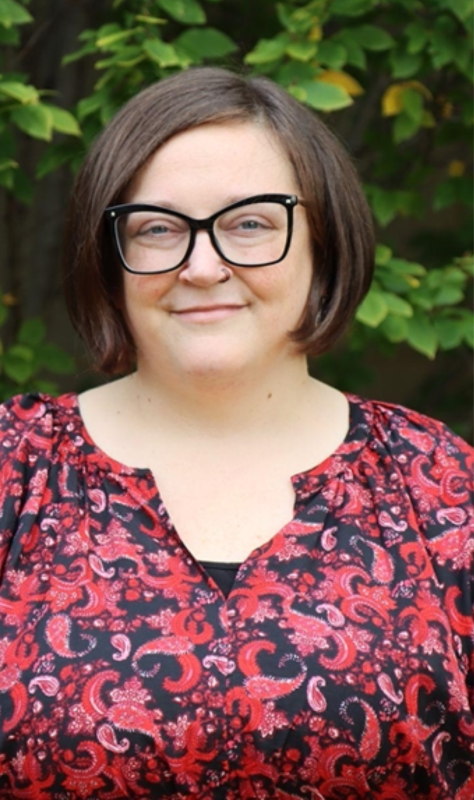 The goal of this research is to assess the health and well-being of the LGBTQ+ population in and around South Bend, Indiana as compared to national data. This project utilizes intersectionality and a social determinants of health approach, which argues that health, or well being, is a result of individuals’ experiences in five specific arenas. The five social determinants of health include education, economic stability, health/health care, social/community context, and neighborhood/built environment. Previous research indicates that LGBTQ+ individuals face discrimination in multiple arenas of life including education, family, faith communities, work, housing, finances, health care, law enforcement, and more. This study will reveal to what extent members of the local LGBTQ+ community experience discrimination in these arenas. As a public sociology project, a main goal is to assist the South Bend LGBTQ+ Center (The Center) as it seeks to understand the issues faced by the LBGTQ+ community and serve as a resource center. The intersectional approach taken in this research will provide The Center with a more complete picture of who is or isn’t accessing their services, and help them to identify specific areas of discrimination and disadvantage for which they can provide services. Distributed in March of 2021, amidst the roll out of the COVID-19 vaccines, this survey also acts as a snapshot of the South Bend area’s LGBTQ+ community immediately after one of the most isolating times in history. While The Center is the primary beneficiary of this work, the academic literature stands to benefit from an intersectional understanding of the social determinants of health.
The goal of this research is to assess the health and well-being of the LGBTQ+ population in and around South Bend, Indiana as compared to national data. This project utilizes intersectionality and a social determinants of health approach, which argues that health, or well being, is a result of individuals’ experiences in five specific arenas. The five social determinants of health include education, economic stability, health/health care, social/community context, and neighborhood/built environment. Previous research indicates that LGBTQ+ individuals face discrimination in multiple arenas of life including education, family, faith communities, work, housing, finances, health care, law enforcement, and more. This study will reveal to what extent members of the local LGBTQ+ community experience discrimination in these arenas. As a public sociology project, a main goal is to assist the South Bend LGBTQ+ Center (The Center) as it seeks to understand the issues faced by the LBGTQ+ community and serve as a resource center. The intersectional approach taken in this research will provide The Center with a more complete picture of who is or isn’t accessing their services, and help them to identify specific areas of discrimination and disadvantage for which they can provide services. Distributed in March of 2021, amidst the roll out of the COVID-19 vaccines, this survey also acts as a snapshot of the South Bend area’s LGBTQ+ community immediately after one of the most isolating times in history. While The Center is the primary beneficiary of this work, the academic literature stands to benefit from an intersectional understanding of the social determinants of health.
Dr. Kelly Faust
Department of Sociology and Criminology
Dorothy Day and Dialogic Encounter: Communication Ethics in Response to the Other
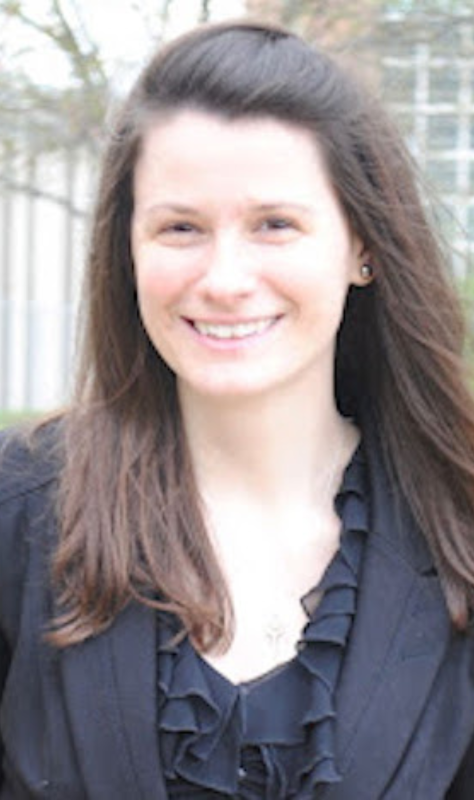
My research explores themes of communication ethics and dialogue through the life and work of Dorothy Day. Before converting to Catholicism, Day was a social activist interested in communism, outspokenly in opposition to a capitalist and consumeristic society. After her conversion, Day continued to call out tensions between the wealth of the Catholic Church during the Great Depression and its call to serve the poor. Day, herself, embraced voluntary poverty as she launched the Catholic Worker with Peter Maurin and opened houses of hospitality to respond to the needs of the most underserved and overlooked. Her daily work embodied an inclusive invitation to those most in need. Day’s fight for systemic change within the Church and social systems lies at the intersections of her work as a progressive, anticapitalistic, pacifist and labor activist whose identity as a Catholic woman intimately shaped her work. In Day, we find an embodied communication ethic that protected and promoted dialogic encounters that took seriously and responded generously to the needs of the other. Her work as a journalist and leader of a successful social movement in American Catholic life offers a case study in professional communication ethics that brings these issues into the lives and homes of the American public. Her work unites the themes of religion and communication to highlight how these parts of human practice shape interpersonal interaction. In Day, we witness a dialogic spirit that embraces encountering an Other with a responsiveness to another’s needs.
Department of Communication Studies, Dance, and Theatre
CWIL Faculty Research Fellows 2021-2022
Going into Labor: Gender, Migration, and Neoliberal Lives in South Korea
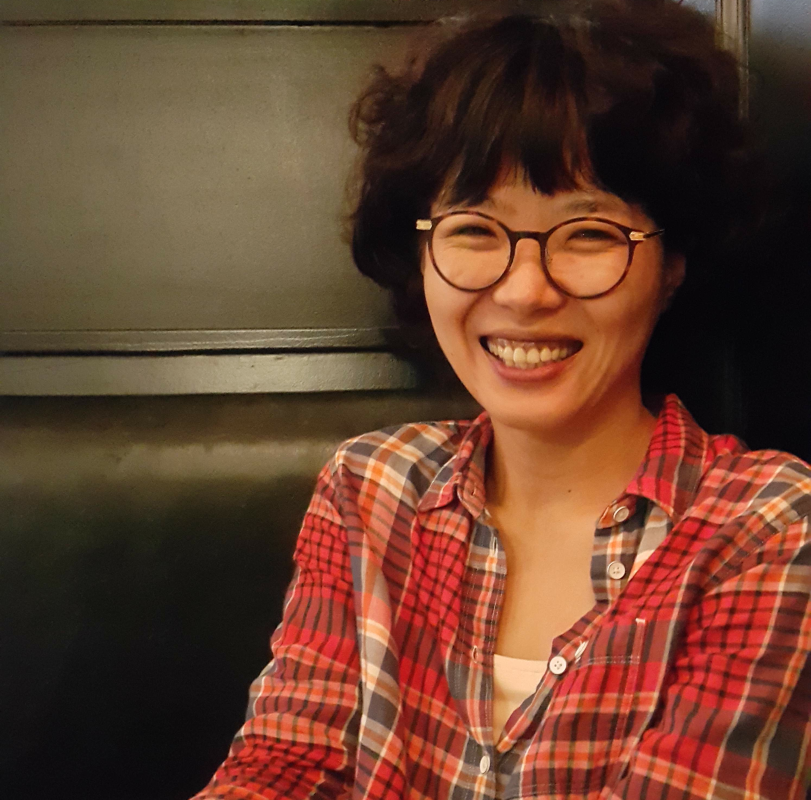 My book project, “Going into Labor: Gender, Migration, and Neoliberal Governance in South Korea,” examines gendered forms of governance that invite, categorize, and manage mobile subjects engaged in cross-border migration. Grounded in 16 months of fieldwork in Ansan, South Korea’s “migrant city”, it analyzes how South Korea's response to the reproductive crisis mobilizes gender to invent “marriage migration” as a new governmental category. My analysis highlights how neoliberal forces and migrant women’s desires are woven together into an entrepreneurial ethos that reinterprets nationhood, family, cultural differences, and citizenship in economic terms. This study will provide a nuanced understanding of the role that gender plays in the formation and contestation of neoliberal governance, while illuminating the shifting meaning of labor in today’s global economy.
My book project, “Going into Labor: Gender, Migration, and Neoliberal Governance in South Korea,” examines gendered forms of governance that invite, categorize, and manage mobile subjects engaged in cross-border migration. Grounded in 16 months of fieldwork in Ansan, South Korea’s “migrant city”, it analyzes how South Korea's response to the reproductive crisis mobilizes gender to invent “marriage migration” as a new governmental category. My analysis highlights how neoliberal forces and migrant women’s desires are woven together into an entrepreneurial ethos that reinterprets nationhood, family, cultural differences, and citizenship in economic terms. This study will provide a nuanced understanding of the role that gender plays in the formation and contestation of neoliberal governance, while illuminating the shifting meaning of labor in today’s global economy.
Dr. Suyun Choi
Department of Gender and Women's Studies
Chola in a Choke Hold: Reimagining Indigeneity through the Bolivian Luchadoras
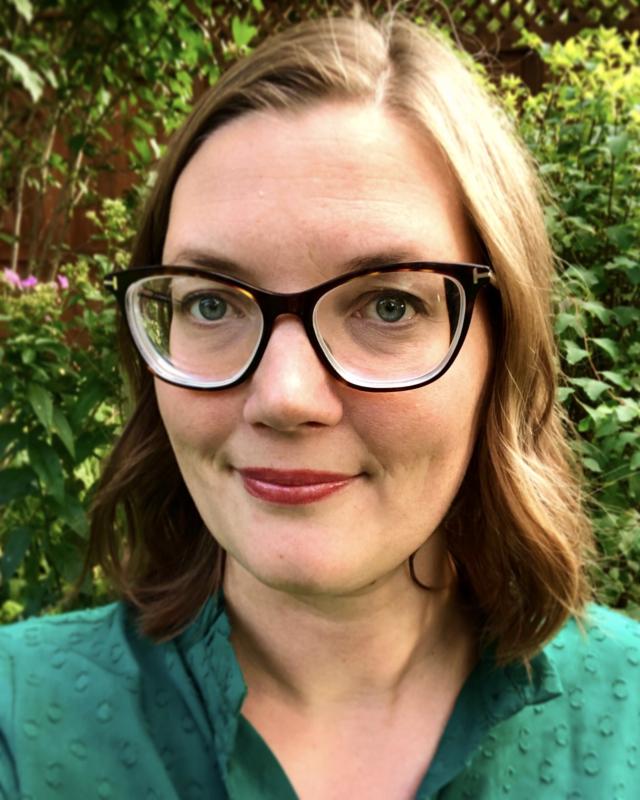 In 2001, Bolivian women began wrestling in spectacles of lucha libre [exhibition wrestling] wearing traditional skirts known as polleras. This style of dress is traditionally associated with Indigenous market women of the region, called cholas or cholitas. This project explores textures of indigeneity, gender, and global media circuits in relation to the “cholitas luchadoras.” Focusing on questions of authenticity, performance, I explore how the luchadoras’ performances have provided a space for challenging preconceived notions of what Indigenous women should do and be. The luchadoras see themselves as pushing boundaries of received notions that Indigenous women belong in rural areas, work in service or the informal economy, are typically uneducated, and engage little with international circulations of media, capital, and travel. The luchadoras, however, are distinctly urban, have gained international notoriety, have traveled to North America and Asia, and some use hair dye and cosmetics in self-presentation that is anything but “traditional.” They have also advocated for anti-domestic violence campaigns in the country and have been vocal supporters of Indigenous women’s education and gaining of public voice. Thus, the project explores the ways women’s leadership may be understood outside of entrepreneurship and politics, extending to women’s involvement in seemingly superficial areas such as pop culture.
In 2001, Bolivian women began wrestling in spectacles of lucha libre [exhibition wrestling] wearing traditional skirts known as polleras. This style of dress is traditionally associated with Indigenous market women of the region, called cholas or cholitas. This project explores textures of indigeneity, gender, and global media circuits in relation to the “cholitas luchadoras.” Focusing on questions of authenticity, performance, I explore how the luchadoras’ performances have provided a space for challenging preconceived notions of what Indigenous women should do and be. The luchadoras see themselves as pushing boundaries of received notions that Indigenous women belong in rural areas, work in service or the informal economy, are typically uneducated, and engage little with international circulations of media, capital, and travel. The luchadoras, however, are distinctly urban, have gained international notoriety, have traveled to North America and Asia, and some use hair dye and cosmetics in self-presentation that is anything but “traditional.” They have also advocated for anti-domestic violence campaigns in the country and have been vocal supporters of Indigenous women’s education and gaining of public voice. Thus, the project explores the ways women’s leadership may be understood outside of entrepreneurship and politics, extending to women’s involvement in seemingly superficial areas such as pop culture.
Dr. Nell Haynes
Department of Global Studies
Love your Enemies: A Feminist Theology of Love at the Limits of Empathy
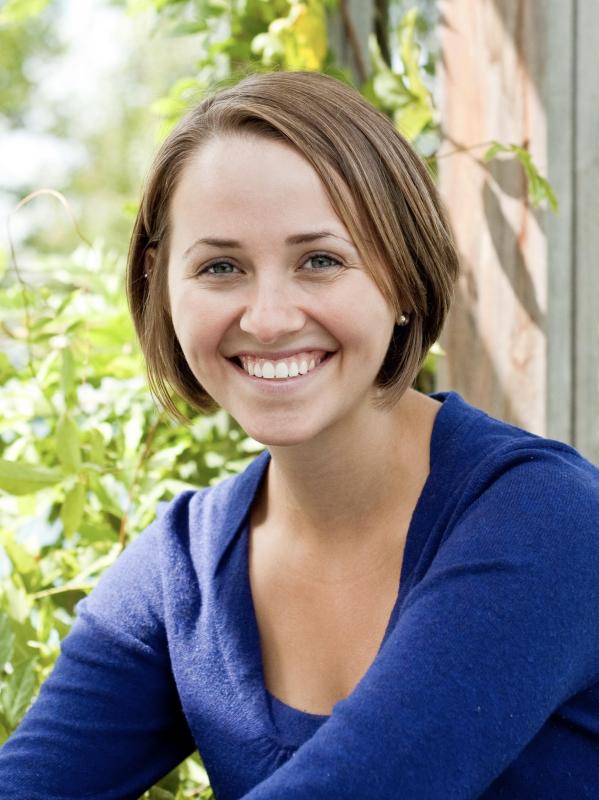 Love Your Enemies: A Feminist Theology of Love at the Limits of Empathy is an interdisciplinary work of Christian feminist theology that explores how recent feminist, philosophical, and psychological perspectives on the relationship between empathy and morality can inform Christian perspectives on divine and human love. In addition to contributing to major debates about the doctrine of God during the last seventy-five years, this project clarifies what feminist Christian praxis should look like in the contemporary church and world. As such, Love Your Enemies harnesses the resources of the Christian tradition to advance CWIL’s commitment to addressing the suffering born of gender injustice and to promoting the liberation of women and all persons.
Love Your Enemies: A Feminist Theology of Love at the Limits of Empathy is an interdisciplinary work of Christian feminist theology that explores how recent feminist, philosophical, and psychological perspectives on the relationship between empathy and morality can inform Christian perspectives on divine and human love. In addition to contributing to major debates about the doctrine of God during the last seventy-five years, this project clarifies what feminist Christian praxis should look like in the contemporary church and world. As such, Love Your Enemies harnesses the resources of the Christian tradition to advance CWIL’s commitment to addressing the suffering born of gender injustice and to promoting the liberation of women and all persons.
Dr. Jessica Coblentz
Department of Religious Studies and Theology
Applications for the CWIL Faculty Research Fellow program can be found on the Call for Proposals page.
